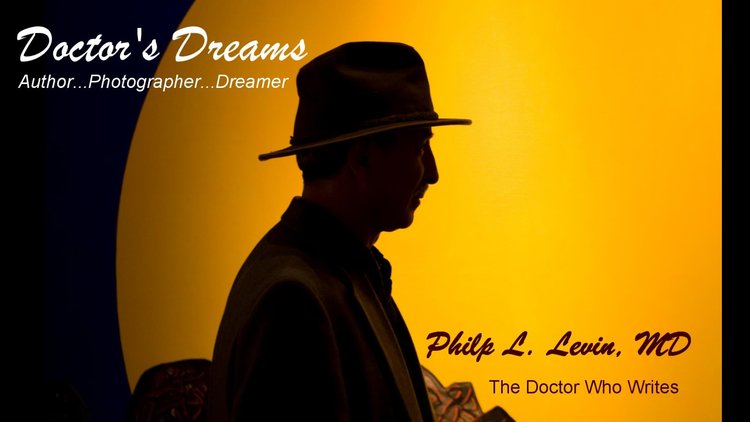A young man came in with a knife wound to his side, blood inside his chest squeezing all the air out of his lung. I placed a tube in his side releasing the pressure giving him back his ability to breathe.
Ah hour later, a businessman, his face ashen and wet from perspiration, presents with symptoms of a heart attack. As I watched, his heart stopped and he died. I ordered the nurses to perform CPR as I readied and then used a defibrillator to shock his heart, bringing him back to life.
My next patient was a young woman complain of stomach pain. Even though she denied ever having had sex, my questioning made me suspect she might be having an ectopic pregnancy. My sending her to the O.R. instead of home saved her life.
After forty-two years of full-time practice, in 2020 I retired from emergency medicine. One day my wife asked me, how many lives do you figure you saved in your career? I honestly don’t know. Certainly a few hundred. But there was much more than just saving lives. There’s been the influence I’ve had on the thousands I’ve helped, encouraged, and advised. There’ve been the medical students whose careers I’ve steered. There’s been the political influence I’ve had on the course of medicine.
Emergency medicine is a rush. I would have no idea when I went to work what would be waiting for me. Throughout the day there might be nothing important, or I might have six critical patients all come in within an hour’s time. There’s vomit and feces and blood. There’re children crying in fear, adults crying in pain, and elderly crying in despair. Crazy people with their delusions and drug seekers with their tales. Child abuse. Gunshot wounds. Suicidal overdoses.
I loved my job, never doubted I’d made the proper career choice, never hesitated going to work. Every day, no matter how sad or angry or unsettled I might have felt, when I arrived at work and saw the sufferings and misfortunes of my patients, I knew my life was ten times blessed.
People would ask me, “How do you handle the stress?”
I’d give the answer serious consideration, for, indeed, some people would consider my job stressful. However, I never did. I liked the House of God answer, “The patient is the one with the disease,” meaning, “Since I’m not the one having the heart attack or the acute appendicitis, I’m not the one under stress.”
But that’s not the true answer. I never felt stressed working as a physician in the emergency room because I always felt in control of the situation. Even in the most seemingly frantic situations, I relied on method. Obtain the history. Check the vital signs. Carefully and thoroughly examine the patient. Consider what could be wrong. Order appropriate tests. Deduce the answers. Explain the situation in terms the patient can understand. Provide the necessary treatments.
I always saw the good in people. In my hands, a homeless alcoholic received the same kind care as the manager of a bank. The color of a person’s skin mattered only in whether it might make a difference in their disease. Those with language difficulties or mental handicaps received special attention, and my determination to be certain I understood what they wanted, and they understood what I told them.
I made a few mistakes – of course, I’m only human. Sometimes the cause of the patients’ problems wasn’t discernable early on. But I always tried to be gentle and understanding, tried to find out what was really going on, even from those who were misleading me.
At my heyday, I worked twenty-two days a month, averaging as many as five patients an hour in each twelve-hour shift. One month I grossed a hundred thousand dollars in billing. The company that did that service for us told me they’d never ever, in all their twenty years of providing billing for hundreds of doctors, they’d never seen an E.R. doctor treat that many patients.
You think you can imagine what it’s like? Plenty of people have seen it on TV I’m sure. Lights flashing, Sirens blaring. People scurrying. But there’s nothing like really being there! It’s the difference between watching a game on the tube and actually being in competition. There’s NOTHING IN THE WORLD like being in the midst of trying to save someone’s life.
It's over now, but once … yes, once, I saved lives.
